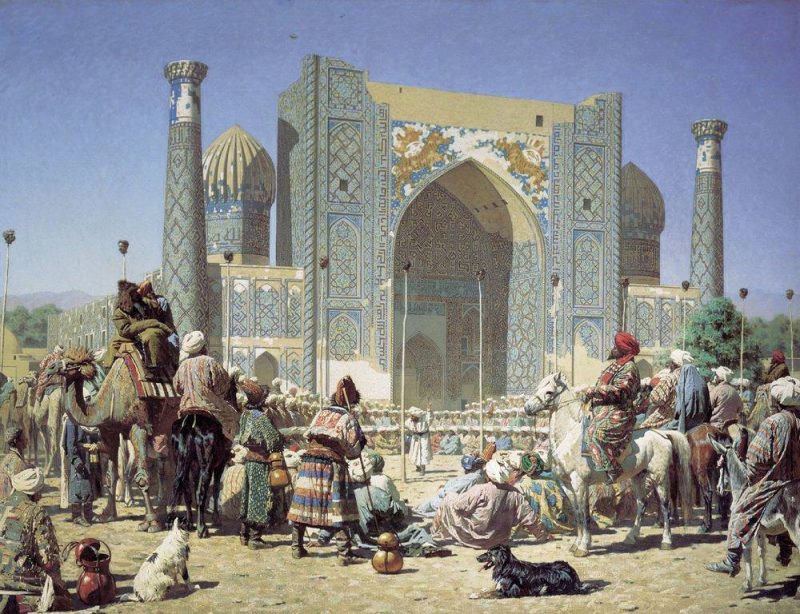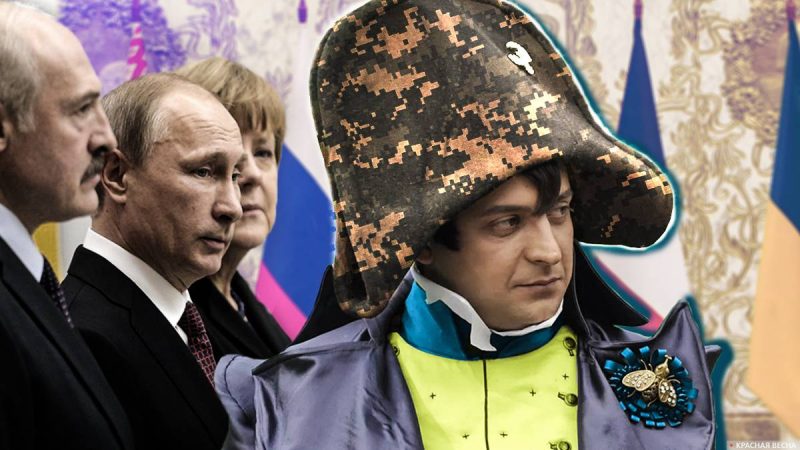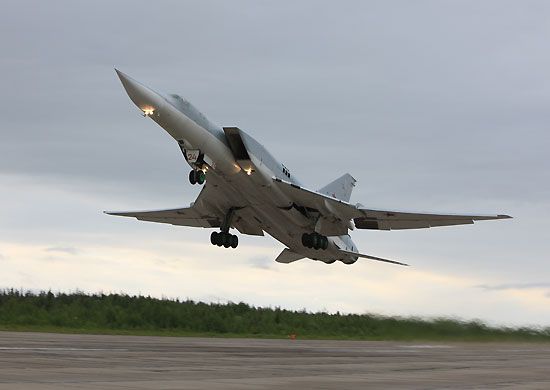17.01.2022, Moscow.
The post-Soviet states that rejected their Soviet past can maintain stability only until they inevitably have to face their historic truth, said political scientist, philosopher, and the leader of the Essence of Time movement Sergey Kurginyan in an issue of The Meaning of the Game on the Kazakhstan events published on January 8 on YouTube.
Kurginyan believes that if the states that formed on the territory of the former USSR make no moves towards total rejection and elimination of their Soviet past, then some stability can last in these states. However, as soon as they “leverage the anti-Russian, anti-Soviet, and-empire idea,” civilizational seams immediately come to the surface, and the state inevitably falls apart.
“If they reject the history of Soviet Ukraine, they cannot have any inner profound right to the Ukrainian East. (…) I mean a certain deep foundation of existence. In terms of this depth, the Ukrainian Southeast has nothing to do with any Ukrainian state with a more or less clear historic identity. Only a very small part of Ukraine has this identity,” Kurginyan explained.
He stressed that a very similar situation is taking place in Kazakhstan. According to Kurginyan, this is not about political or legal foundation of existence of Kazakhstan as a state, but it is about a historical and cultural phenomenon.
“One can search for certain fragments of identity, specificity, uniqueness of the Kazakhstani state and extend them up into Northern Kazakhstan. This can be done, but with a great strain! (…) As long as this strain is mitigated with some words about half-fraternal existence of Kazakhstan and Russia, combined with obvious violation of the rights of the Russian population and prerogatives of the Russian history, it can somehow be sustained,” the political scientist said.
He stressed that maintaining this pseudo-stable state is “the skill of the first state-building figures, the leaders of these sovereign states: early Nazarbaev, early Karimov, Kuchma…”
But as soon as strains ― nationalist, Islamic, radical ethnic or other (sociocultural, religious) ― appear in this structure, the entire structure begins to collapse, Kurginyan stressed. “Then, political and legal borders ― which are a fact and must be treated as a fact ― expose their inconsistency with certain lines ― historical, cultural, existential, inner, meta-historical,” he explained.
According to Kurginyan, this is an axiom in the theory of civilizations. He reminded that many have forgotten the concept of comparing an empire and a civilization, but this concept works, which can be clearly seen from the processes across the post-Soviet territory. The collapse of the Soviet empire exposed a civilization layer where every civilization has its borders, which not necessarily match the borders of the states.
Source: Rossa Primavera News Agency




